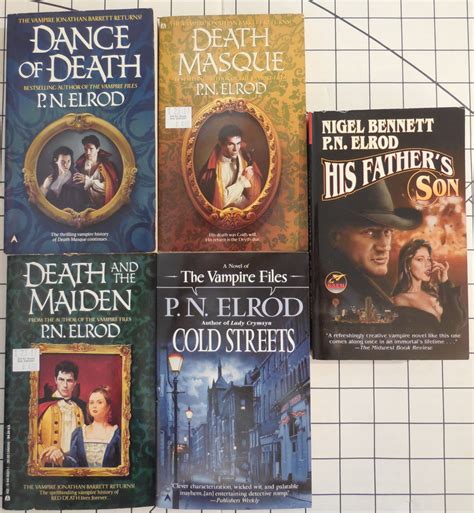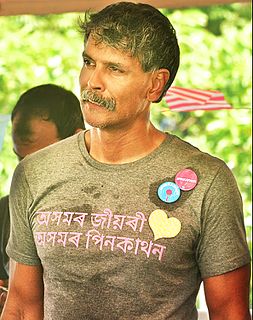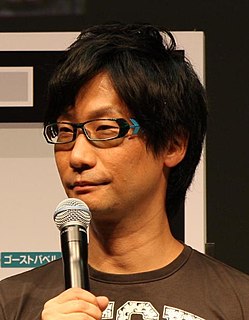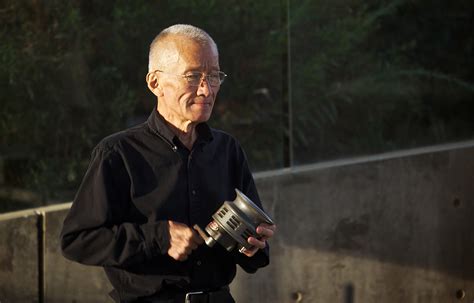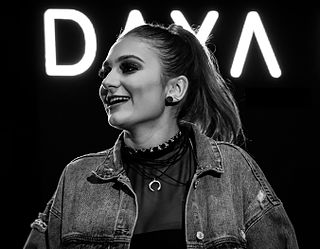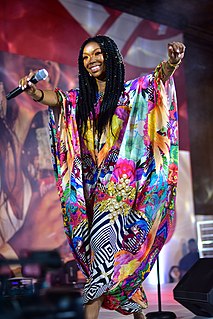A Quote by P. N. Elrod
I have no discipline, which is a horrible flaw for any writer. Once I'm well started on a project, though, then I'm addicted to it all day long. When it's done, I collapse and have to really kick myself to start a new one.
Related Quotes
Read Becoming a Writer by Dorothea Brande. Then do what it says, including the tasks you think are impossible. You will particularly hate the advice to write first thing in the morning, but if you can manage it, it might well be the best thing you ever do for yourself. This book is about becoming a writer from the inside out. Many later advice manuals derive from it. You don't really need any others, though if you want to boost your confidence, "how to" books seldom do any harm. You can kick-start a whole book with some little writing exercise.
Any day we wish we can discipline ourselves to change it all. Any day we wish; we can open the book that will open our mind to new knowledge. Any day we wish; we can start a new activity. Any day we wish; we can start the process of life change. We can do it immediately, or next week, or next month, or next year.
I've been writing for a long time, since the late '60s. But it hasn't been in the same form. I used to write scripts for television. I wrote for my comedy act. Then I wrote screenplays, and then I started writing New Yorker essays, and then I started writing plays. I didn't start writing prose, really, until the New Yorker essays, but they were comic. I didn't start writing prose, really, until the '90s. In my head, there was a link between everything. One thing led to another.
I don't know where to start," one [writing student] will wail. Start with your childhood, I tell them. Plug your nose and jump in, and write down all your memories as truthfully as you can. Flannery O' Connor said that anyone who has survived childhood has enough material to write for the rest of his or her life. Maybe your childhood was grim and horrible, but grim and horrible is Okay if it is well done. Don't worry about doing it well yet, though. Just get it down.
Every time I make a new game, I put all of my effort completely into that game. It's like putting all your effort into a new child that's being born. Once the project is done, I can step back and look at it objectively, which is when I can see a lot of flaws. That's when I start to make a new game that tries to fix some of those flaws.
I got into one of the Scottish classical styles called piobaireachd, which is a very old music that started around the 1700s or something. I really got into this music. After that, I started to compose bagpipe music in my notations. Then I started building bagpipes by myself, and then I started to perform with the instrument myself in the 1980s.
I was invited to L.A. when I was 16 for a weekend-long songwriting session by a writer I had met through my voice teacher in Pittsburgh. My first hit, 'Hide Away,' was one of the songs written during those sessions. It was played for a radio rep who then started a new label; the song got a pretty organic start at radio and then took off.
I think I became a better writer after I started writing for the New Yorker. Well, I know I did. And part of it was having my New Yorker editor and part of it is that was when I started really going on tour and reading things in front of an audience 30 times and then going back in the room and rewriting it and reading it and rewriting it. So you really get the rhythm of the sentences down and you really get the flow down and you get rid of stuff that's not important.
To this day, to this very day, except for television, I've never had a writer. Anything I've ever done on the stage, happened on the stage and I developed it from there. It started doing impressions and jokes - which I did very poorly. To this day I can't tell a joke. That sounds nuts, but it's true. I exaggerate it and it becomes a joke. Everything I've ever done I've done out on the stage and it became a performance over many many years.
